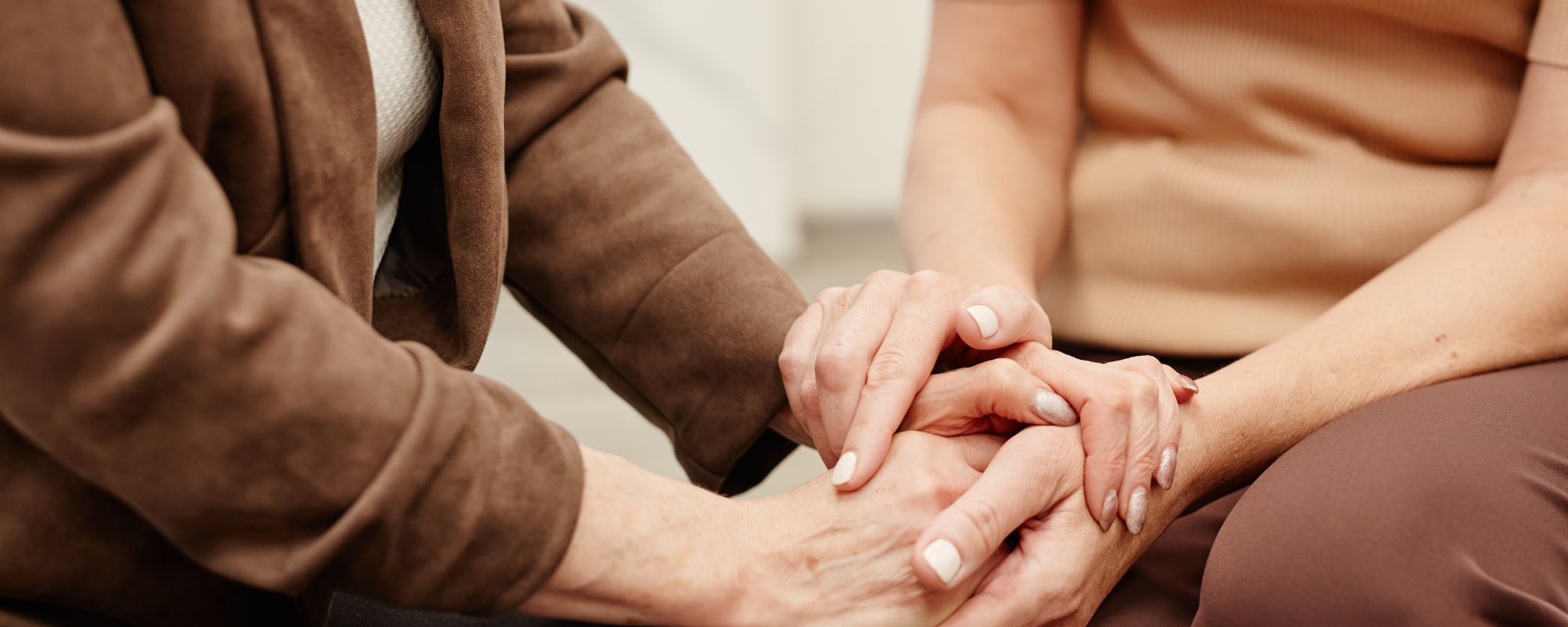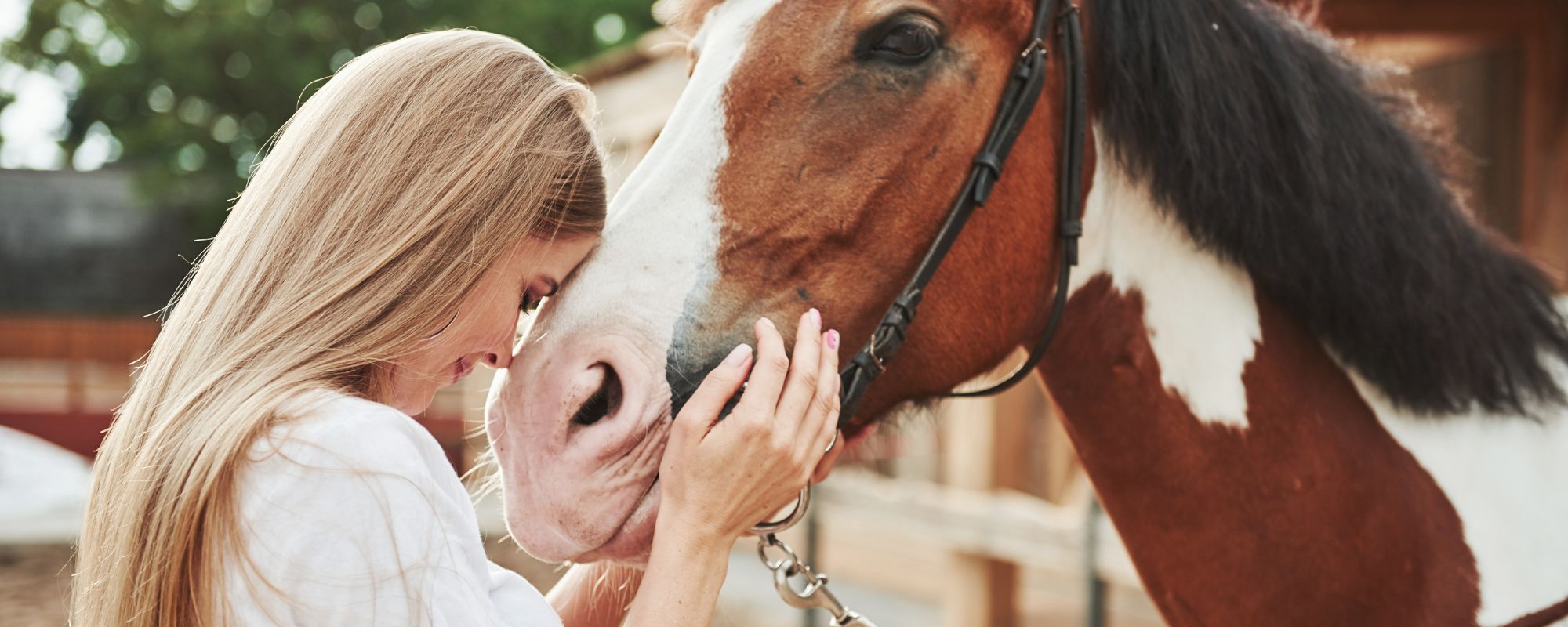Frankie LoCascio works here at Royal Life Centers, in the marketing department. Frankie, like many of our staff members, is in recovery himself. We decided to sit down and interview him, so that we could share his story of experience, strength and hope, with you. We asked Frankie twenty questions about addiction and recovery. Here is what he had to say:
The Interview
- What were you like in active addiction?
- How did you feel in addiction generally?
- What were you like during addiction treatment?
- How many times did you go to an addiction treatment center?
- What was your rock bottom like?
- What’s your sobriety date?
- What are three of the most important things you learned in addiction treatment?
- What’s one skill you use every day that you learned in recovery?
- What’s your take on recovery?
- What are you in recovery from?
- What are two root causes of your addiction?
- What is your experience with therapy?
- Name two factors of recovery that you can’t live without:
- If you could give advice to addicts or alcoholics entering recovery, what would you tell them?
- Has “the obsession” been lifted for you?
- Have you ever had a spiritual experience?
- What happened?
- What are some gifts you have received from recovery?
- What is the single greatest thing that recovery teaches you?
- What are things that keep you sober?
- “working steps”
- “going to meetings”
- “having a sponsor”
- “therapy”
- “accountability”
- “remembering what it was like. I always seem to forget how terrible things were, these days I can quickly and easily recall the feelings of desperation and death”
- What are some things you do for fun in sobriety?
- What do you attribute your happiness to these days?
“I was a mess. I didn’t care about anything but myself or where I was going to get more money or more drugs, it didn’t matter who I had to screw over. If anyone tried to screw up my flow of drugs, I would push them away. It didn’t matter if I had to steal from my friends, steal from my mom’s purse, I needed heroin.”
“I was not a productive member of society, I was miserable and hated myself.”
“depressed that this is what my life had come to. At the same time I felt responsible for what I was doing. I felt hopeless. I just assumed that this was what I was stuck doing forever, like there was no way out.”
“terrible. I wouldn’t listen to anybody. I broke every rule I possibly could. I was sneaky, I was manipulative. My objective at all times was to get through treatment as quick as I could, so that I could get the hell out of there. I hated being in treatment, every single time.”
Frankie started using his hands to count out each treatment center, finger by finger, finally reaching the final count “8 times”.
“There was so many of them, it’s hard to choose one. The reason I feel like I’m still sober now is because this last rock bottom; [during my last relapse] there was no one to tell me I had hit rock bottom. It was a self-realized rock bottom… I was basically locked up in my apartment, the only time I left was to buy cigarettes or drugs, or to scam someone for money to buy more drugs. When I couldn’t get those things, being sick for days at a time, I was just disgusted with myself. [Having had some experience in recovery before this last rock bottom] I realized you don’t have to do this.”
“3/16/2016 — 3 years”
1. “You need more than treatment. Treatment is just the beginning.”
2. “Relationships are a really bad idea in treatment. I refused to think that relationships were getting in the way [but they were]”
3. “I don’t know everything”
“To examine my motives and thinking as soon as possible. The longer I let something roll around in my head, the more likely it is that I’m going to act on it. Things go much better when I ask other people and take a step back to look at things objectively. Is it right or wrong? Is it selfish? What could I do better in this instance?”
In AA or NA, this is called a 10th step inventory. A 10th step inventory is when you essentially acknowledge your thoughts and behaviors through out the day, to take a look at things you did right or could improve. The idea is to constantly learn and better yourself from some misgivings.
“My take on recovery is that particularly early on, it’s something that for me was totally necessary. For the first year, I was consistent with meetings, step work, sponsors, and staying consistent. Now, I work much more life into it.”
“These days, I do better at working recovery into my life, as opposed to working life into recovery. I find some sort of balance between it all. Recovery allows me to have a pretty cool life.”
“Heroin, prescription opioids, weed when money would allow it.”
“I’m still trying to figure out why I’m a maladjusted individual in certain areas…I believe it comes from discontentment in who I am, this longing to be accepted by others and myself. I also think childhood trauma, something from my childhood that in turn, turned into beliefs that ‘I’m not happy with who I am’ and ‘I’m not good enough.'”
“Abundant. I have gone to so much therapy, I’m still in therapy. It wasn’t ’till recently, like within the last year or so, that I really started using therapy as something for myself to really help myself. I had past experiences of being thrown into therapy by other forces, now I use it as a tool to help myself.”
“I like therapy now, it actually is helping me.”
“God”
“Honesty”
“Be persistent and work hard.”
“Don’t give up, it took me a long time to get where I’m at. Yeah I got over three years, but it took eight treatment centers and ten years to get to where I’m at now. Don’t give up.”
“oh yeah, completely.”
“It’s totally, completely gone. Don’t get me wrong, there’s been times where I’ve thought about what it would be like to use those drugs, but I immediately think about what using would do, where it would bring me and I don’t ever want to go back there.”
“yes”
“In strange spurts I’ve had ‘burning bush’ type spiritual experiences. These always happen when I’m by myself, and it’s hard to explain… I’ll just have these realizations…usually because of the way I’m doing something or what I’m doing, that is so out of character from the way I used to be or do things, that I’m so shocked and baffled,..and I’m just convinced that it’s not me doing these things [because it’s so different].”
“I’ve just been walking or by myself or had this moment of clarity where I’ve been overwhelmed with gratitude, where I’ve been so grateful I just started tearing up. When I look back on where I was and where I am now, I look at it as a big spiritual experience.”
“Burning bush” spiritual experiences are a term used to describe very blatant or definitive moments where your higher power makes itself known in an obvious way.
“People trust me. That’s pretty cool. People call me dependable and reliable, which is so far from who I used to be. Life’s not perfect, but generally, my life is pretty peaceful and calm.”
“That there’s so much power in groups of people. Getting sober, I don’t know if it’s possible, or a sustainable thing, to do it on your own. Knowing there’s other people who are going through the same experience as you, having common ground with other people who have overcome adversity, is powerful…it gives you hope.”
“Since I’ve been sober I’ve gone skydiving, Han gliding…going to amusement parks because I really like rollercoasters. I like going to the movies a lot. Cooking. I also really like sitting at home doing nothing…eating delicious food, specifically burger places, I’m a burger connoisseur…going to the gym.”
“Mostly God.”
“I feel like God allows me to really enjoy my relationship with my fiancé, being here [at work] with you guys. I really see things from a new perspective because of that.”
On a Personal Note
I work with Frankie LoCascio every day, so I felt really privileged to have the opportunity to learn more about his unique story— a story that brought him up to where he is today. I experience Frankie as a dedicated, happy, and honest individual; after hearing his story, I know that it took work to get there. Hearing another person’s story never gets old, in recovery we all have different stories, but our lives have ended up in the same place— a place where recovery becomes a way for us to change how we live. Learning from others is a vital part of the recovery process, as we all have a story to share. Thank you to Frankie, who sat down to answer these questions. We hope everybody in recovery can find the peace and ease-of-life that Frankie has found.
Reach Out
If you or someone you know is struggling with an addiction, please reach out to us at (877)-RECOVERY or (877)-732-6837. Our team makes themselves available to take your call 24 hours a day, 7 days a week. Because We Care.









